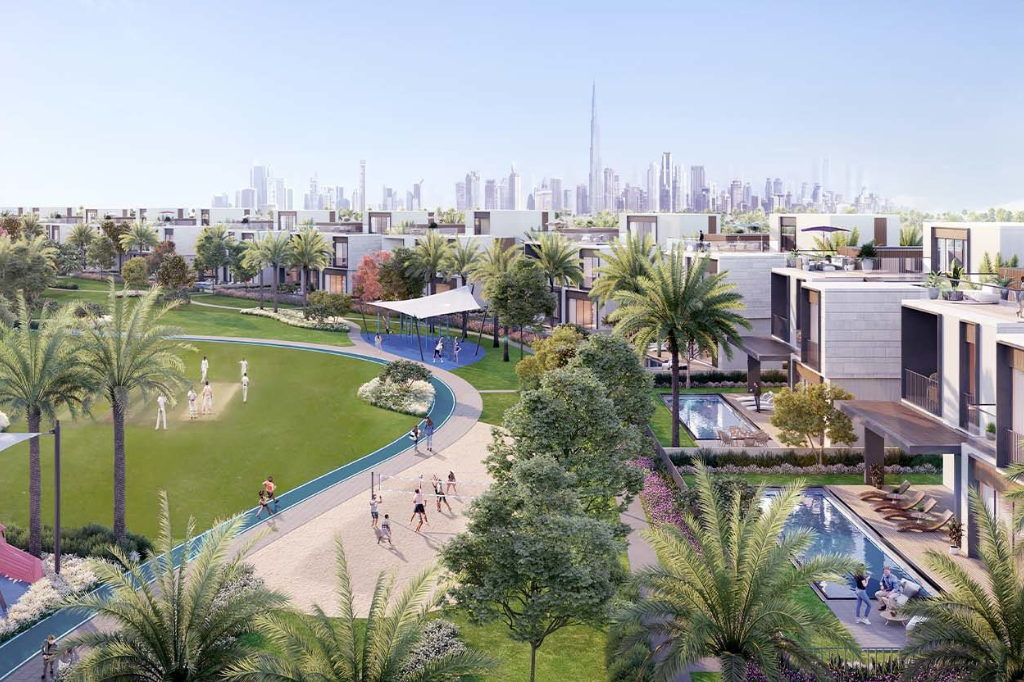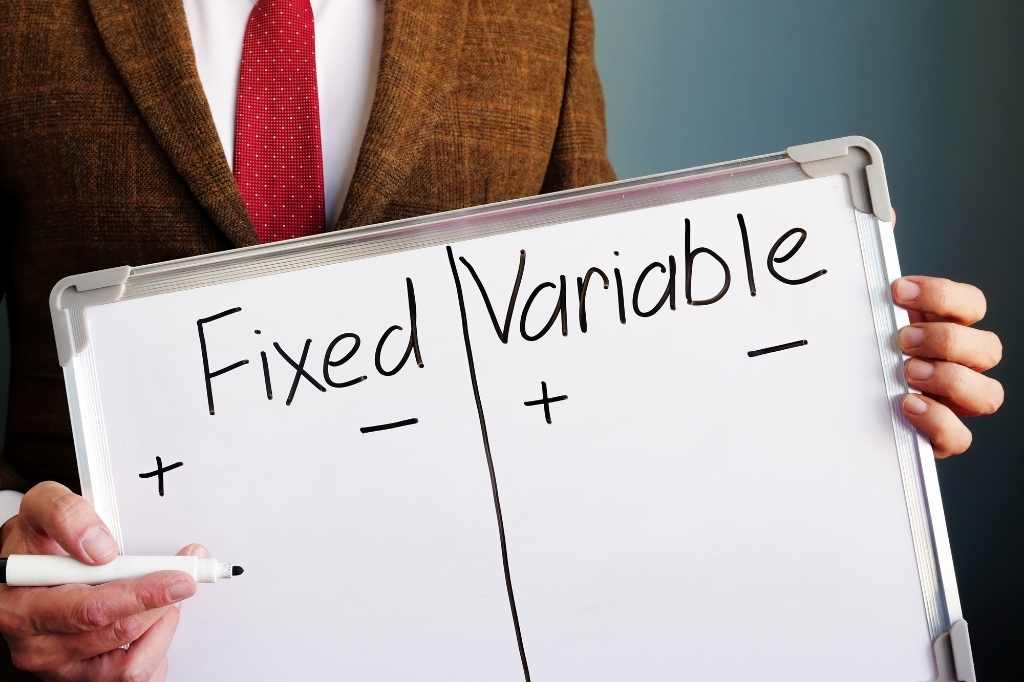What does loan to value (LTV) mean, and why does it matter?
Understanding Loan to Value in the UAE: A Comprehensive Guide Loan to value (LTV) is a critical term used by banks when lending against an asset, typically a property. It refers to the percentage of the property’s value that the bank is willing to finance through a mortgage. Understanding how loan to value ratios work in the UAE is essential for anyone planning to purchase property, as it directly impacts the amount you can borrow and the deposit you need to prepare. How Loan to Value Ratios Work in the UAE Banks in the UAE determine loan to value by assessing the market value of the property. To do this, they instruct a third-party valuation company to appraise the property. The valuation takes into account recently sold comparable properties, current market conditions, and other key factors. The bank then lends a percentage of the value, based on either the property’s purchase price as stated in Form F or the valuation—whichever is lower. This ensures the bank is protected from lending more than the property is worth in current market conditions. Understanding that the valuation may come in lower than the agreed purchase price is vital when purchasing a property. Buyers are advised to include a clause in Form F to protect themselves from undervaluation scenarios. What Happens with an Undervaluation? An undervaluation occurs when the bank’s valuation is lower than the agreed purchase price of the property. In this situation, buyers will require a higher deposit, as the bank will only lend the set loan to value percentage based on the lower valuation. For example, if a property is purchased for AED 2 million but the bank values it at AED 1.8 million, the bank will apply the loan to value percentage to the AED 1.8 million. The buyer must cover the difference themselves, which could create financial challenges, especially if they had budgeted for a lower deposit. How to Avoid Undervaluation Avoiding undervaluation entirely can be challenging, but there are steps buyers can take to reduce the risk. Conducting thorough market research and due diligence is essential. However, in rapidly changing markets, comparable data may not always be available, leading to lower-than-expected valuations. To protect yourself, request that clauses be included in Form F, allowing you to withdraw from the sale without penalty if an undervaluation occurs. This can help you avoid financial strain and provide peace of mind. Loan to Value Ratios in the UAE The UAE Central Bank regulates the maximum loan to value ratios that banks can offer based on factors such as nationality and the number of properties owned. These are the general guidelines: Banks may impose stricter loan to value restrictions based on the applicant’s profile. For instance, non-resident buyers may face more stringent checks, with financing capped at 75% or even lower at 50% in some cases. How to Guarantee the Best Loan to Value Option To ensure you secure the best loan to value ratio, it is advisable to explore your options and obtain pre-approval from banks. A pre-approval allows you to understand your borrowing capacity and make confident property offers, subject to property evaluation. The pre-approval process involves the bank assessing your financial situation to determine the maximum loan amount they are willing to offer. However, final approval will always depend on the property’s valuation and whether it meets the bank’s criteria. Conclusion Understanding loan to value ratios in the UAE is crucial for making informed property purchase decisions. By conducting due diligence, including protective clauses in Form F, and securing pre-approval, buyers can navigate potential undervaluation issues and secure the best financing options. The loan to value ratio is a fundamental aspect of property financing, and being well-informed will help you make smart and confident investment choices. Related Articles: Property Valuation Fees for Mortgages in UAE Fixed or Variable Mortgage rate, which one is right for You?
What does loan to value (LTV) mean, and why does it matter? Read More »






